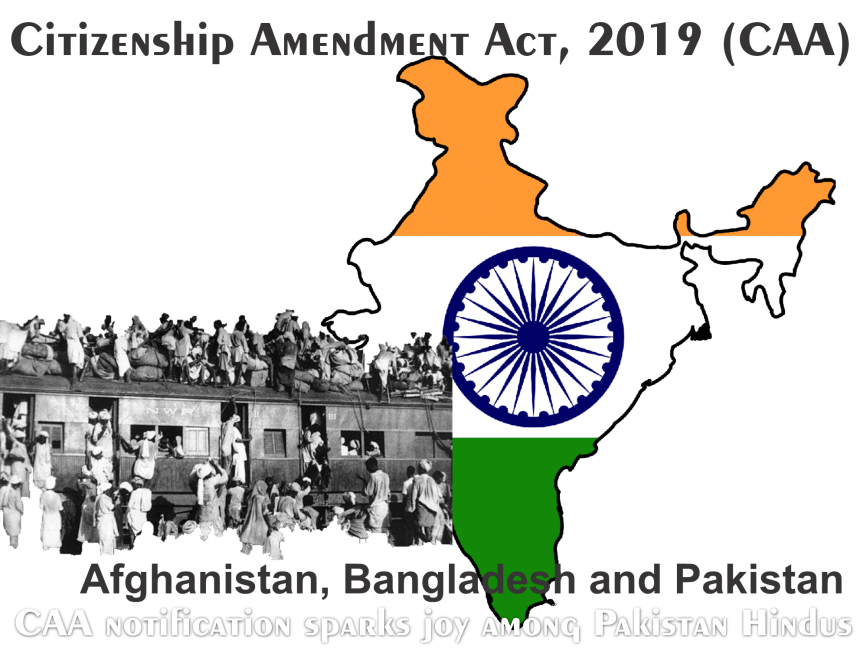Pakistani Hindu refugees residing in Delhi also feel optimistic about their future with the notification of rules for the implementation of the CAA. They have been facing various challenges since moving to India, including inadequate housing, lack of basic facilities like water and electricity, and poor sanitation conditions.
Dharamveer Solanki, representing the Pakistani Hindu refugee community in Majnu-Ka-Tilla, highlights the struggles they have endured, such as water scarcity and cooking on mud and brick stoves. However, they remain hopeful that the implementation of the CAA will address their problems and provide them with citizenship.
Sona Das, another Pakistani Hindu refugee, mentions the difficulties faced by the community in accessing cooking gas and electricity due to financial constraints. The announcement of the CAA implementation brings them happiness and optimism for the future.
With the unveiling of the rules, the Modi government aims to grant Indian nationality to persecuted non-Muslim migrants from Pakistan, Bangladesh, and Afghanistan who arrived in India before December 31, 2014. This move is expected to provide relief to the persecuted communities, including Hindus, Sikhs, Jains, Buddhists, Parsis, and Christians.
Kanhaiya, another refugee, highlights the challenges of affordability regarding electricity and sanitation facilities in the refugee camp. He expresses hope that the implementation of the CAA will bring positive changes and improve their living conditions.
Despite protests against the CAA when it was passed in December 2019, the recent implementation brings renewed optimism among Pakistani Hindu refugees for a better future in India.









